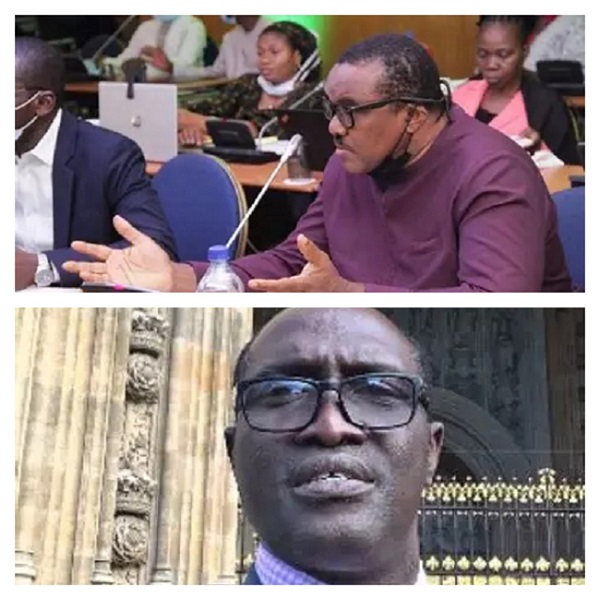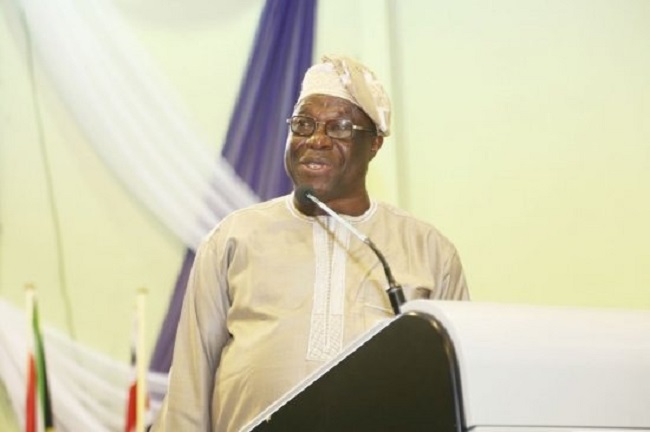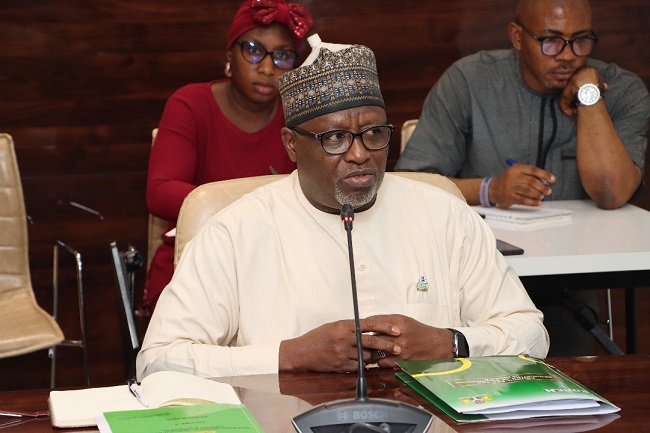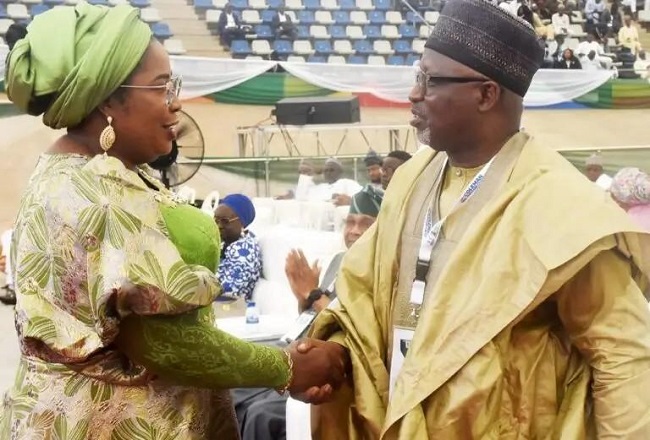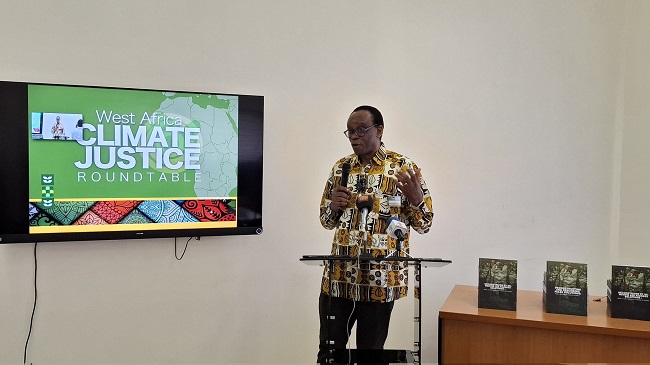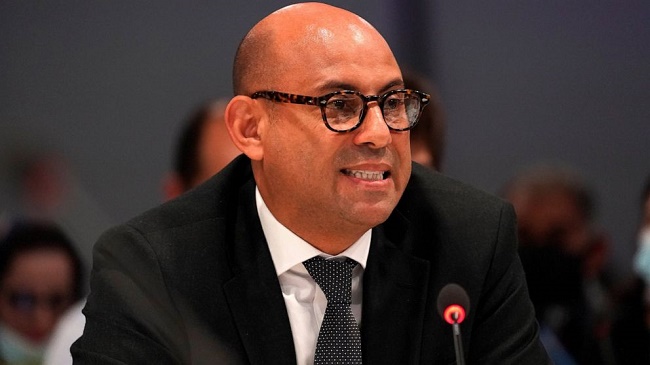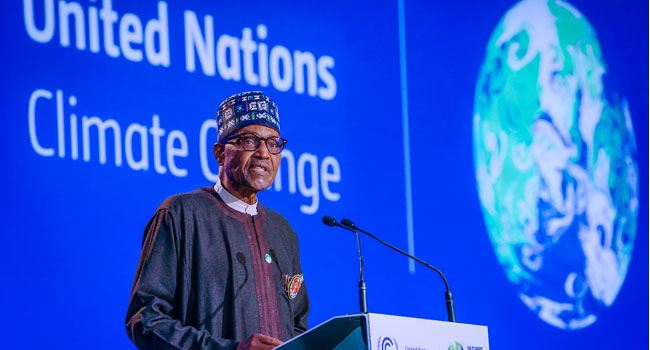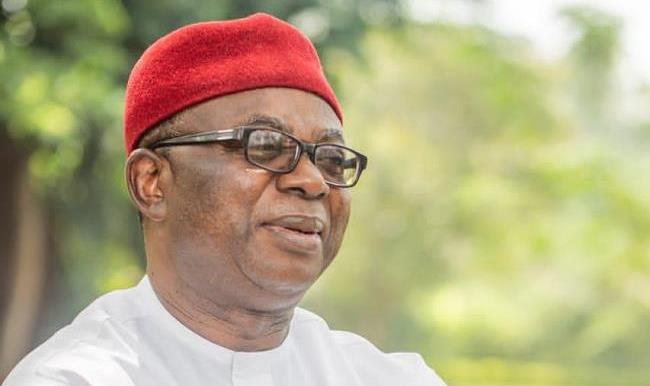Climate imperatives are reshaping the landscape of financial responsibility – and, in Nigeria, a new front is opening against deforestation and environmental degradation
On July 9–10, 2025, the Food and Agriculture Organisation of the United Nations (FAO), in collaboration with the GEF-7 Food Systems, Land Use and Restoration (FOLUR) Impact Programme in Nigeria and with support from UN-REDD, convened a high-level virtual workshop aimed at integrating deforestation-free finance into Nigeria’s financial architecture.

Sector-Wide Engagement
The two-day dialogue brought together more than 30 decision-makers and technical experts from seven key financial institutions: the Central Bank of Nigeria, Bank of Agriculture, Nigeria Incentive-Based Risk Sharing System for Agricultural Lending (NIRSAL), Sterling Bank, Bank of Industry, Nigerian Agricultural Development Fund (NADF), and Advans Lafayette Microfinance Bank.
Unified by a shared objective, these institutions explored strategies to align with emerging global sustainability benchmarks, while safeguarding Nigeria’s forests, ecosystems, and rural livelihoods. The initiative underscores the growing realisation that deforestation is not only an environmental concern – but a material financial risk.
Risks, Readiness, and Resilience
Participants acknowledged the systemic risks associated with unsustainable land use: reputational fallout, regulatory exposures, and vulnerability to asset devaluation amid climate volatility. However, these risks are matched by unprecedented opportunities. Nigeria’s Sustainable Banking Principles provide an enabling foundation, and the financial sector is signalling a commitment to responsible growth through ESG frameworks, exclusion policies, and green lending instruments.
International case studies – particularly from Brazil – were spotlighted, demonstrating how blended finance, structured investment vehicles, and sustainability incentives can support scalable transformation.
Pathways Forward: A Roadmap for Action
Stakeholders co-developed a phased roadmap to institutionalise deforestation-free finance across Nigeria:
- Short-Term Priorities: Capacity-building efforts focusing on ESG integration, geospatial analytics, and multi-stakeholder coordination.
- Medium-Term Goals: Harmonised regulations, product innovation for sustainable production financing, and partnerships with development finance institutions to support smallholders and SMEs.
- Long-Term Vision: Full-scale integration of deforestation-free and ESG criteria into banking standards – positioning Nigeria to unlock green capital inflows and align with global compliance frameworks.
Building Institutional Momentum
Delegates advocated for a national in-person forum to accelerate implementation and deepen sectoral collaboration. FAO and its partners were urged to provide continued support in developing operational tools, enhancing institutional capabilities, and facilitating blended finance models to de-risk investments in sustainable land use.
Dr. Paul Oluikpe from the Development Finance Unit of the Central Bank of Nigeria underscored the critical need for coordinated leadership:
“As climate and deforestation risks evolve, Nigeria must continuously update its frameworks, adopt international best practices, and invest in technologies that support deforestation-free finance. A resilient agricultural sector is pivotal to economic stability and environmental conservation,” he said.
Toward a Sustainable Financial Future
This convening marks more than a strategic touchpoint – it signals the emergence of a paradigm shift. The redirection of capital flows toward deforestation-free ventures will be instrumental in advancing Nigeria’s climate goals, preserving biodiversity, and fortifying the rural economy.
For FAO and the FOLUR Nigeria Project, this workshop is a catalyst for long-term partnerships with the financial sector, forging a future where environmental integrity and fiscal responsibility go hand in hand.


